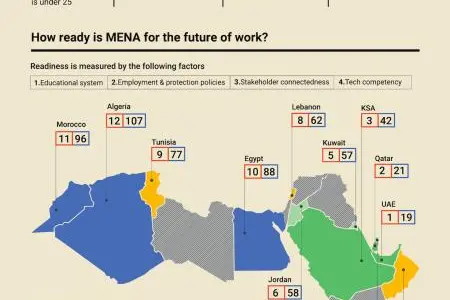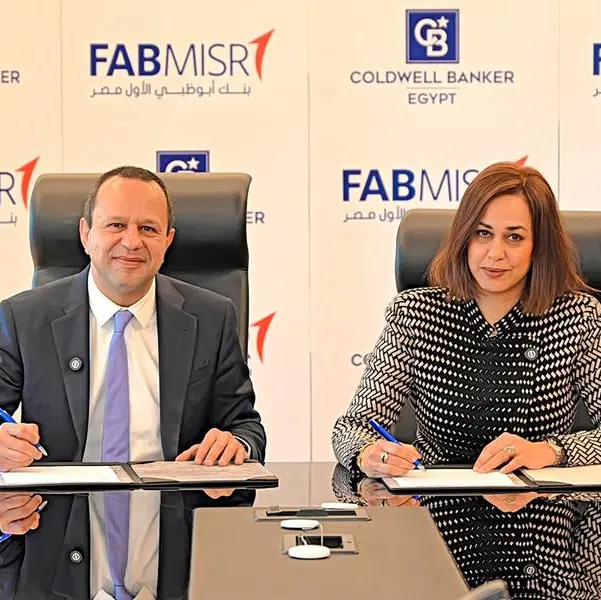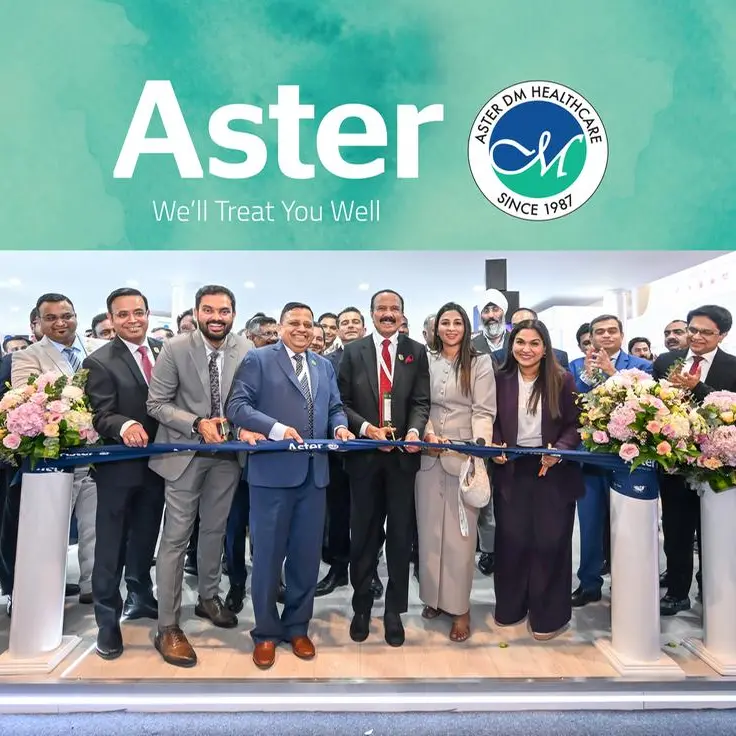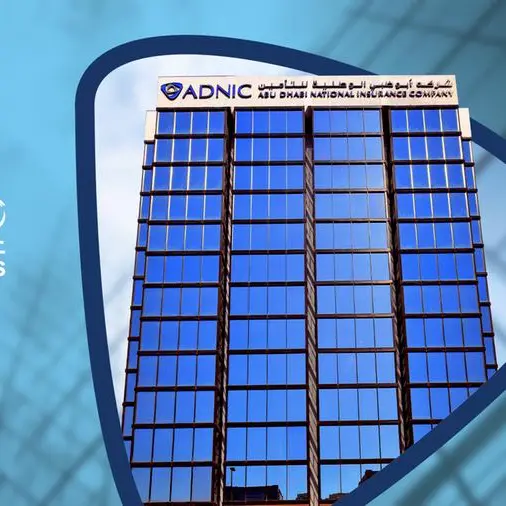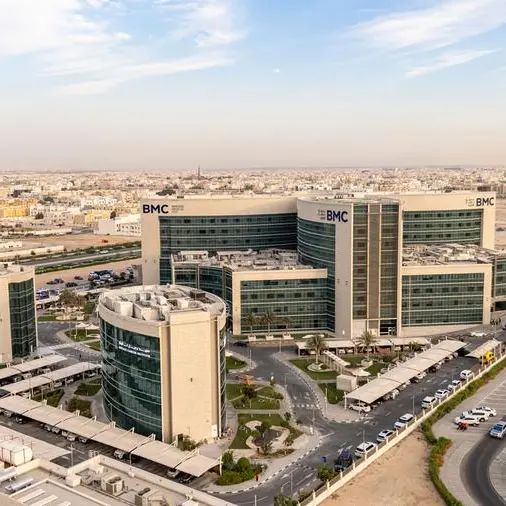PHOTO
At the World Economic Forum in Jordan, newly released report highlights requirements for talent development of the next Arab generation to compete in a global digital economy
Dubai, UAE – INSEAD Business School, Google and the Center for Economic Growth has released this year’s edition of the Middle East and North Africa Talent Competitiveness Index (MTCI), a study ranking countries in the region based on their ability to attract, grow, and retain talent.
The countries were ranked based on the level of readiness for the future of work: well positioned (UAE, Qatar and Saudi Arabia, Bahrain) mixed readiness (Kuwait and Jordan), less well positioned (Oman, Lebanon and Tunisia) and low readiness (Egypt, Morocco and Algeria).
The MTCI provides an in-depth look at Arab countries’ performance and lists a series of recommendations that would help improve their ranking, with investment in education and digital skills at the forefront. Embracing technology, enabling SMEs and providing affordable and high-quality access to the Internet were also one of the key recommendations that were found to improve talent competitiveness on a global and regional scale.
Dr. Bruno Lanvin, Executive Director, Global Indices, INSEAD said, “From a demographic point of view, the MENA region is younger than the rest of the world, which is both a blessing and a challenge. On one hand there is energy, creativity and ambition in the new generation; on the other hand creating enough jobs for them is an urgent necessity. Technology is a critical dimension of this challenge as the jobs of the future need to be thought of in areas such as artificial intelligence, virtual and augmented reality, and life-long continuous upskilling. Now is the time for governments and business in MENA to implement the required policies to take advantage of the opportunities at hand to support entrepreneurship, competitiveness and innovation across the whole region.”
Selim Eddé, Head of Public Policy at Google MENA said: “The Middle East and North Africa has immense potential in its talent and young population. Major factors such as embracing technology, enabling the SME ecosystem to thrive, and providing equal access and connectivity, are key ingredients that would help Arab countries leverage the fourth industrial revolution with the many opportunities that lie within the region.”
Patricia McCall, Executive Director, Centre for Economic Growth, commented, “with the highest youth unemployment rates in the world, our region’s biggest economic challenge is the creation of productive and sustainable jobs for our youth. A key requirement will therefore be developing the talent of the next generation to be competitive for the global economy. This important report enables leaders from the public and private sector to take the targeted actions required in order to achieve this strategic goal.”
MTCI: Common Challenges in MENA
The MENA region has invested considerably in education to improve competitiveness, with an average spend equal to 18% of total government spending (versus a global average of 14%)[1]. MENA faces a common context: high youth bulge (2x global average), 30% employment in public sector (vs 10% globally), rigid labour market regulations and a gender gap (men 3x more likely to participate in workforce than women). Furthermore, the MENA digital economy stands at 4% of GDP, half of what the US is at (8%) and lags behind the EU (6%).
About the Middle East and North Africa Talent Competitiveness Index (MTCI)
The Index assesses a group of factors when determining a country's ranking such as the set of policies and practices, and enabling context, that allow a country to attract, develop and employ the human capital which contributes to its ability to grow, compete and innovate. The MENA report draws from the Global Talent Competitiveness Index (GTCI 2017).
About Google
Google's mission is to organize the world's information and make it universally accessible and useful. Through products and platforms like Search, Maps, Gmail, Android, Google Play, Chrome and YouTube, Google plays a meaningful role in the daily lives of billions of people and has become one of the most widely-known companies in the world. Google is a subsidiary of Alphabet Inc. To find out more about Google in MENA visit the Google Arabia blog.
About INSEAD, The Business School for the World
As one of the world's leading and largest graduate business schools, INSEAD offers participants a truly global educational experience. With campuses in Europe (France), Asia (Singapore) and Middle East (Abu Dhabi), INSEAD's business education and research spans three continents. The school’s 145 renowned faculty members from 40 countries inspire more than 1,400 students in its degree and PhD programmes. In addition, more than 11,000 executives participate in INSEAD's executive education programmes each year.
INSEAD’s MBA programme is ranked #1 by the Financial Times in 2016 and 2017.
More information about INSEAD can be found at www.insead.edu.
About the Centre for Economic Growth (CEG)
In partnership with INSEAD Abu Dhabi, the Centre for Economic Growth (CEG) is the first of its kind in the region – a unique collaboration between the region’s private sector and a leading global business school to provide original research and publications on the key economic topics impacting the region. The CEG addresses the need for timely and independent data and analysis and provides a unique new platform for private sector engagement on economic priority issues including youth unemployment, enabling job creation and enhancing sustainable economic growth. The Centre seeks to broaden the scope of the employment and economic growth agenda in the MENA region and improve the inclusiveness of the debate by engaging a wider set of stakeholders, especially the private sector. The CEG will also form collaborations with other leading universities, international organizations and multinational corporations.
© Press Release 2017
